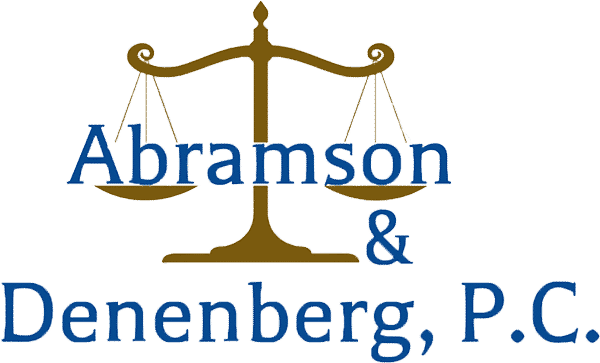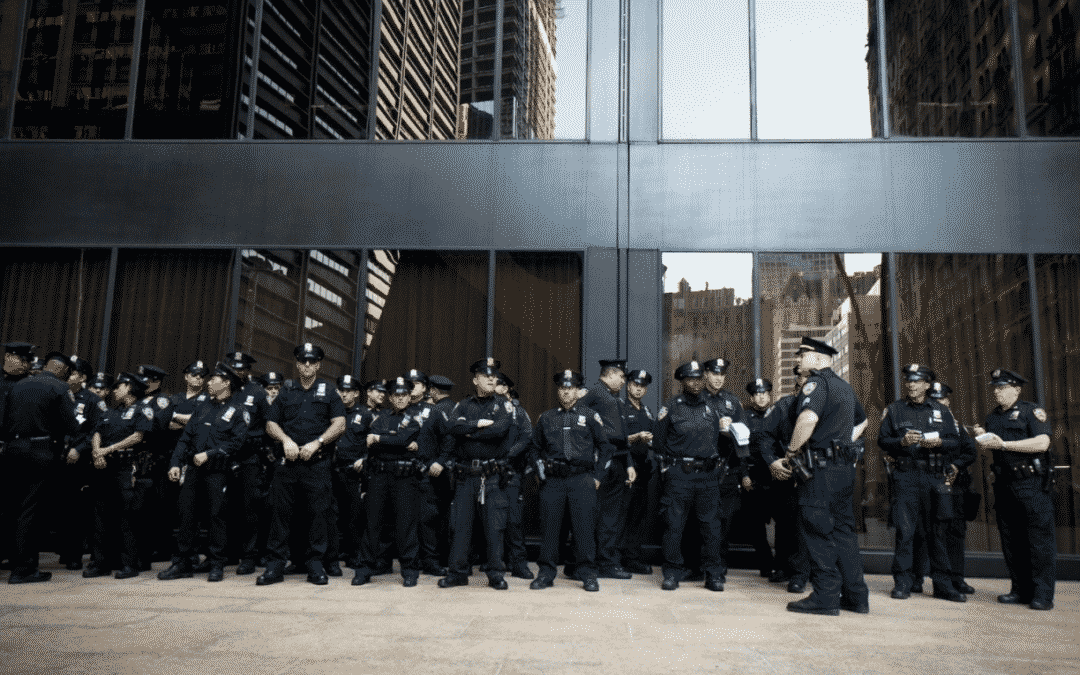Historically, we have seen that police corruption is a serious problem, especially in large cities like Philadelphia. Police corruption involves the abuse of police authority for personal gain. In other cases, police corruption consists of a police officer using their authority for a material benefit or some type of profit. Typical types of police corruption involve extortion, bribery, selling drugs, and transferring stolen goods. Additionally, police corruption may refer to patterns of the same type of police misconduct in a police department or special unit. For example, one unit may overlook police brutality repeatedly, failing to correct the problem.
Inadequate Training
In many cases, corrupt police officers know they are acting improperly, but they do not think they will be caught. In other cases, police departments may fail to provide adequate institutionalized training to avoid police corruption, misconduct, and brutality. When it comes to police corruption, police departments may not provide incoming police officers with adequate ethics training.
Not only should officers become aware of their ethical and legal obligations to not engage in police corruption, but they should also be fully aware of the penalties they will face if they are caught. Doing so can act as a deterrent against police corruption. When we see evidence of significant police corruption, it is likely that the police department has allowed a culture of corruption or turned a blind eye entirely. Incoming police officers may assume this is just how things are done, and act accordingly.
Lack of Prosecution and Accountability
The prosecution of police officers for corruption is statistically rare. Most instances of police corruption go unchallenged. When it comes to wrongful killings done by police, many offending officers are never charged or prosecuted. In the rare case when an officer is charged, the officer will usually win in court. The lack of prosecution and accountability raises legitimate questions about whether corrupt police officers are being held to account.
It is crucial that police officers guilty of corruption, brutality, or a wrongful shooting be held accountable for their actions. The Philadelphia Police Department has an entire section dedicated to keeping police officers open and accountable. The public can access police department policies and procedures and submit complaints against police officers. Unfortunately, this system has failed to curb what many people view as significant corruption within the Philadelphia Police Department. There have been many seemingly legitimate accusations of corruption against the Philadelphia police that have still gone unanswered.
The Stress of the Job and Entitlement
Another cause of police corruption involves the overall stress of being a police officer. Police officers are under a significant amount of pressure and must make decisions quickly. Sometimes police officers feel underpaid and undervalued while being disrespected by the residents they are trying to serve and protect. This type of attitude may help them convince themselves that engaging in corruption is a type of legitimate payment for the work they are doing.
They may feel like making some money on the side by engaging in bribes allows them to be paid what they are owed. When police officers engage in corruption, they may have wrongly assumed that this is normal activity and that there is nothing wrong with this type of behavior. Again, police corruption is often a culture that has been passively or actively promoted within the police department.
Individuals Do Not Have the Right to Bring a Lawsuit
Despite federal and state statutes prohibiting police corruption, private individuals do not have the authority to bring a lawsuit against the government for corruption. Civil police misconduct provisions and federal criminal statutes do not allow individuals to bring lawsuits. They only allow the federal government to sue under these laws to enforce them.
The justice department is responsible for enforcing anti-corruption laws. Fines and imprisonment can result from criminal convictions, but this system only allows a government agency to enforce anti-corruption matters. The justice department does not take on all investigations, making it impossible to attack all types of corruption.
Private Litigation Against Corrupt Police Officers is Challenging
In some instances, victims of police corruption can bring a lawsuit individually against a police officer or the police department. Doing so is challenging, however. The victim will need to prove that a specific instance of police brutality violated their civil rights. Victims of police brutality have the right to bring a lawsuit against officers for police brutality. Still, as we have seen, the Philadelphia Police Department has extensive legal protections that protect them and their corrupt officers.
Many constitutional court decisions have expanded the power of police officers to perform routine stops and searches. As a result, victims of police brutality and misconduct usually need to prove some type of willful or unlawful conduct on the part of the police officer. Showing negligence or a failure to use reasonable care typically will not be enough to recover in court.
Police officers are also protected by the defense of immunity which means they are exempt from penalties, and burdens are typically given to other citizens. However, this immunity is limited, unlike the absolute immunity legislators and judges enjoy. It is increasingly difficult for individuals abused by corrupt police officers to sue them for damages, making it harder to hold officers accountable and stop police corruption.
Have You Been the Victim of Police Corruption? If So, Contact Philadelphia Civil Rights Attorney Today
At Abramson & Denenberg, P.C, our Philadelphia civil rights lawyers believe that police should be held accountable for corruption and violating the rights of Philadelphia citizens. If you or your loved one has been the victim of police brutality, you have a right to obtain compensation for your emotional distress. Our experienced civil rights attorneys have a proven track record of success regarding civil rights cases in Philadelphia. Contact us today to schedule your free initial consultation to learn more about your rights.

